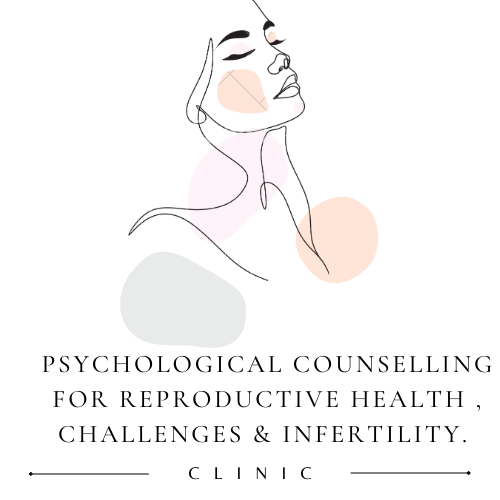
Family Mental Health is a crucial aspect of overall well-being, as the dynamics within a family unit can significantly impact the mental health of each member. Understanding the connection between family interactions and mental well-being is essential for fostering a supportive and healthy environment.
At PCRH we look at the various factors that influence family mental health, including the impact of family dynamics, strategies for recognizing signs of mental health issues, and ways to support family members facing challenges. By promoting open communication, setting healthy boundaries, and seeking professional help when needed, families can nurture resilience and well-being within their unit.
Introduction to Family Mental Health
Being a part of a family can bring both joy and challenges to our lives. When it comes to mental health, understanding how family dynamics play a role is crucial in fostering well-being.
1. Understanding the Connection Between Family Dynamics and Mental Health
Family dynamics, such as interpersonal contacts, communication styles, conflict resolution, and support systems, can significantly impact individual mental health. By recognizing these connections, families can work together to promote positive mental well-being.
2. The Importance of Addressing Mental Health as a Family Unit
Addressing mental health issues within a family context is essential for creating a supportive environment for all members. When families come together to prioritize mental health, they can strengthen relationships and improve overall well-being. Each one in family affects the other, such circular negative family patterns can only be broken, if everyone comes together and helps each other.


Impact of Family Dynamics on Mental Health
The environment we grow up in and the relationships we have with family members can shape our mental well-being in profound ways.
a. Exploring How Family Environment Affects Mental Well-being
The atmosphere at home, levels of stress, and patterns of interaction within a family can impact mental health outcomes. Understanding these influences can help families create a nurturing environment that supports mental well-being of adults , young ones as well as ageing elderly.
b. Interactions and Relationships Within the Family and Their Influence on Mental Health
Positive relationships within a family can provide a sense of security and stability, while strained relationships may contribute to stress and anxiety. By fostering healthy interactions and communication, families can promote better mental health for all members.
c. Importance of healthy family
Family relationships play a vital role in the recovery process for individuals with mental health challenges. Social support from family members has been shown to enhance treatment adherence, engagement, and overall well-being. Families can provide a crucial support system, offering encouragement, understanding, and practical assistance.
Recognizing Signs of Mental Health Issues in Family Members
Being able to identify signs of mental health issues in family members is crucial for providing timely support and intervention.
Common Behavioral and Emotional Indicators of Mental Health Problems
Changes in behavior, poor self control, poor emotional understanding, mood swings, social withdrawal, and other signs can indicate that a family member is struggling with their mental health. Recognizing these indicators early on can lead to more effective interventions.
The Role of Stigma and Barriers to Recognizing Mental Health Issues in Families
Stigma and misconceptions about mental health can create barriers to recognizing and addressing issues within families. By promoting open conversations and breaking down stigma, families can create a safe space for discussing mental health concerns.


PCRH Strategies for Supporting Family Members with Mental Health Challenges
Supporting a family member who is facing mental health challenges requires empathy, understanding, and effective communication within the family unit.
We undertake :
- Family Consultation
- Comprehensive Family Evaluation
- Family counselling
- Supportive family psychoeducation.
- Short-term Family Counselling.
- Structured Family Interventions-Long term.
PCRH Interventions involve:
- Promoting a Supportive and Understanding Environment Within the Family.
- Effective Communication and Active Listening Techniques for Family Support
- Nurturing Open Dialogues About Mental Health Issues in the Family
- Setting and Respecting Boundaries to Support Each Family Member's Mental Well-being
- Seeking Professional Help and Resources for Family Mental Health
- Exploring Available Resources and Treatment Options for Families Facing Mental Health Challenges
- Promoting Resilience and Well-being in Family Units
- Building Resilience as a Family to Navigate Mental Health Challenges
- Fostering a Culture of Self-care and Emotional Well-being Within the Family

Client Feedbacks
It's wonderful session
Enriching experience maam
Session was really amazing with dr Ansha patel
All the queries and doubts are solved
Looking forward for more interesting and insightful sessions ✨
Excellent program. Particularly Clinical Psychologist dr Ansha patel madam’s session. Waiting for some more programs from your organization.
Frequently Asked Questions
On the emotional front, family issues often lead to stress and anxiety, which can result in sleep problems or mood swings.
For children, this constant tension may contribute to behavioral issues both at school and at home.
